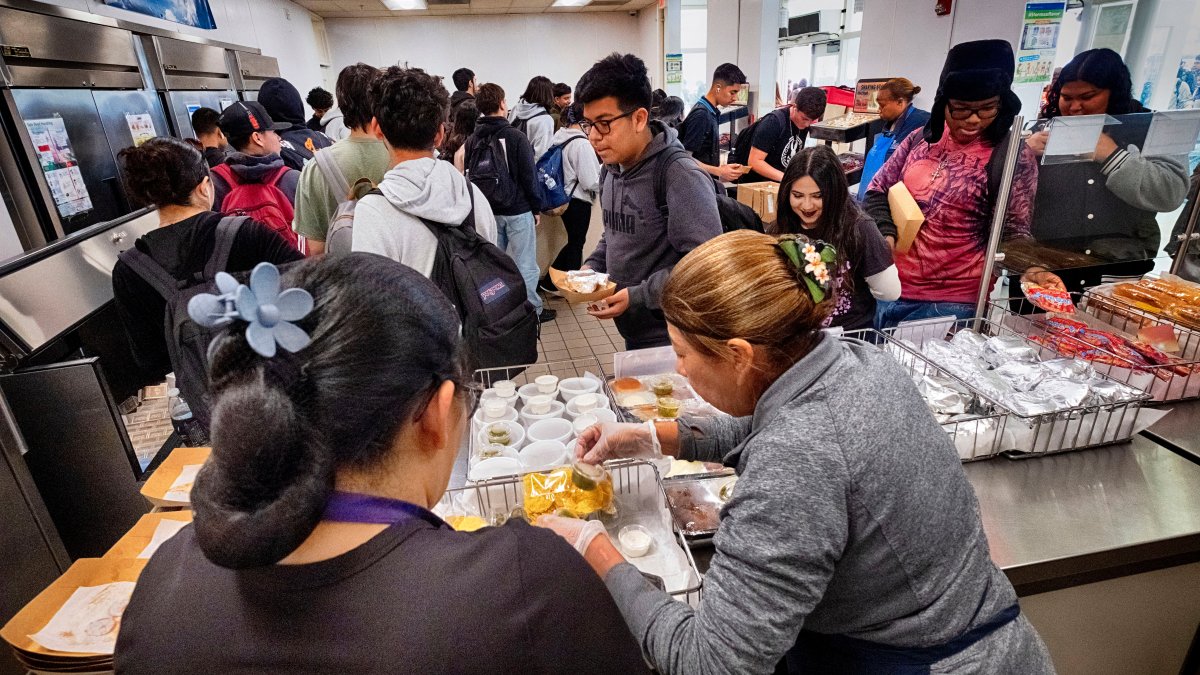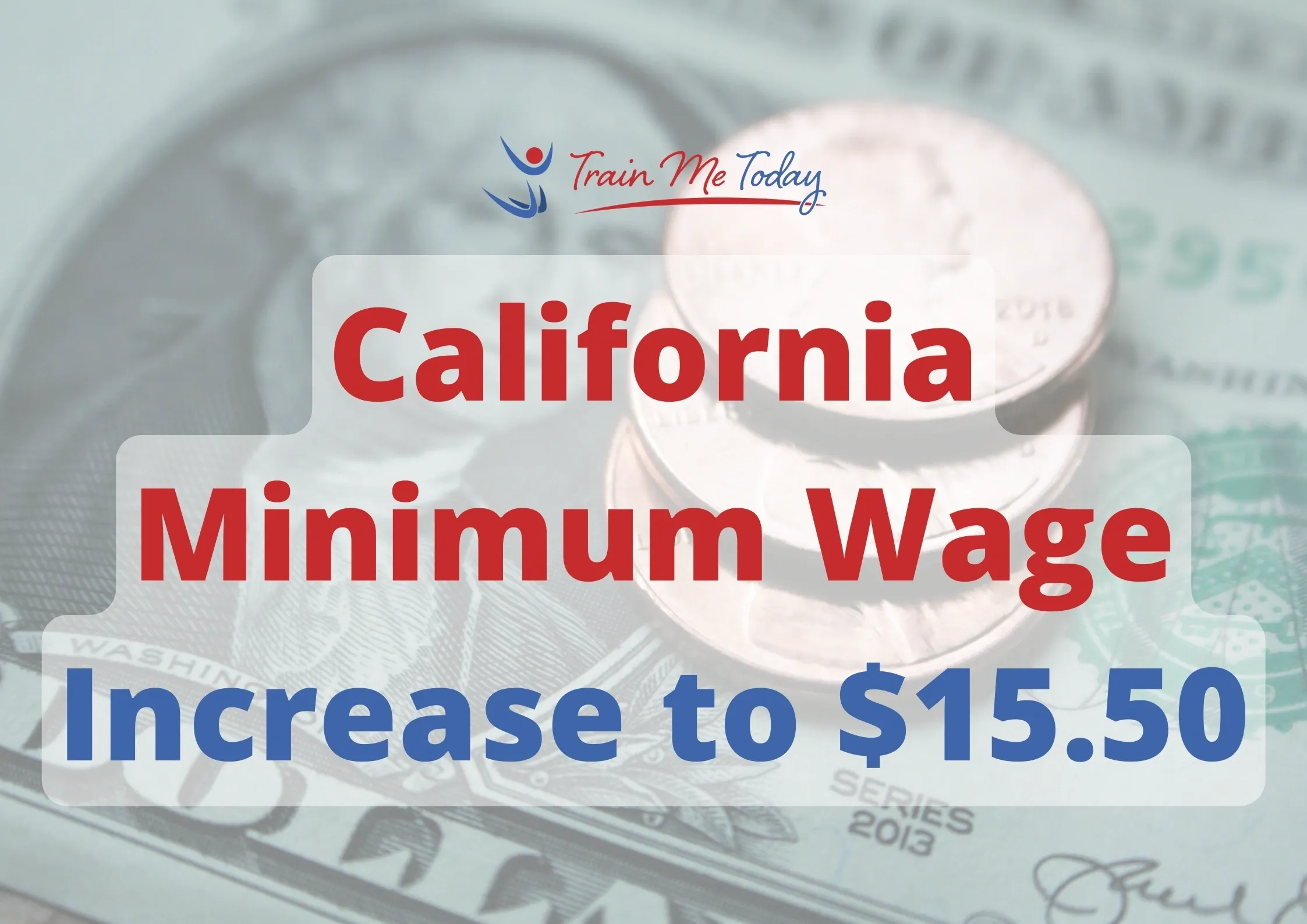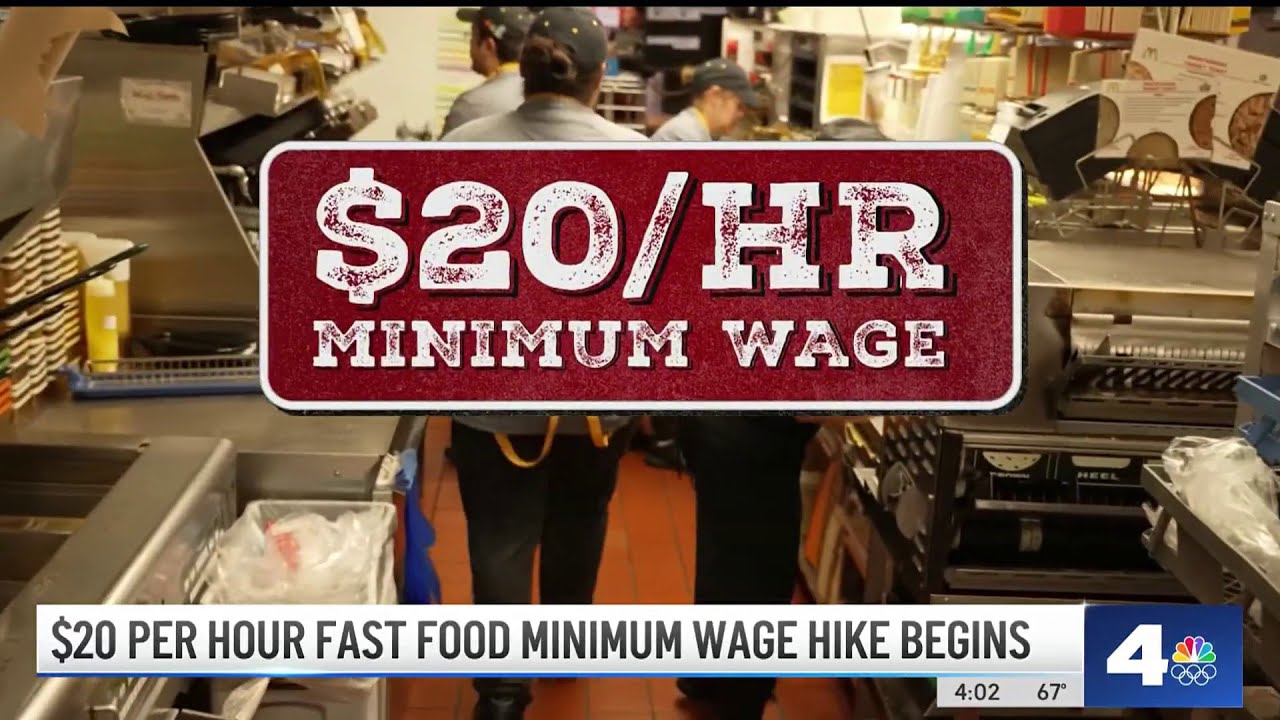In the Golden State of California, a landmark shift in the fast food industry is underway, following a significant increase in the minimum wage. As of April 1, workers in establishments with more than 60 locations nationwide are seeing their paychecks bump from $16 to an impressive $20 per hour, marking a 25% increase.
This legislative move, celebrated by many as a step towards economic justice for workers, is stirring a whirlpool of changes, especially for titans like McDonald’s and Chipotle.

Chipotle: A Strategic Response to Rising Costs
Chipotle, known for its customizable Mexican fare, is facing the wage hike head-on. Jack Hartung, the CFO, candidly shared in an earnings call that the brand is grappling with a “significant increase” in operational costs due to the wage surge.
Hartung’s disclosure, highlighting a proactive stance, underscores the brand’s awareness of the inevitable adjustments required to navigate this new financial landscape.
McDonald's and Chipotle may raise prices after California's minimum wage hike https://t.co/pH4ZsdyHkx
— Quartz (@qz) April 5, 2024
McDonald’s: Price Adjustments on the Horizon
McDonald’s, a global fast food powerhouse, finds itself at a crossroads. CEO Chris Kempczinski voiced during a recent earnings call the uncertainty surrounding the wage hike’s full impact on pricing strategies.
Despite this uncertainty, McDonald’s, which had already adjusted prices by 10% the previous year, acknowledges the need for further price recalibrations to accommodate the increased labor costs.

California: The Broader Impact Across the Industry
The wage increase doesn’t affect all players in the fast food arena equally. Franchise-owned chains like Pizza Hut and Round Table Pizza face their unique challenges.
Reports from The Wall Street Journal indicate substantial layoffs, with approximately 1,280 delivery drivers being cut off the payroll in response to the heightened wage costs.
With around half a million Californians employed in the fast-food sector, the wage hike is a significant pivot point for the industry. It promises a better standard of living for workers but introduces a complex array of challenges for employers, who must balance fair compensation with sustainable business operations.

California: Navigating the New Norm
As California sets a precedent with its bold stance on minimum wage, fast food giants and small franchises alike are in a phase of adjustment. The path forward involves strategic price adjustments, operational reshuffles, and a keen eye on maintaining the delicate balance between profitability and social responsibility.
The full impact of this legislative change on the fast food industry’s pricing strategies, employee welfare, and customer satisfaction remains to be seen, heralding a new era in the battle for economic equity and business sustainability.










